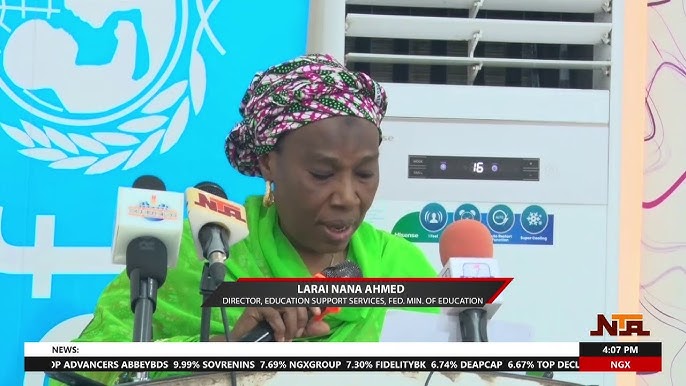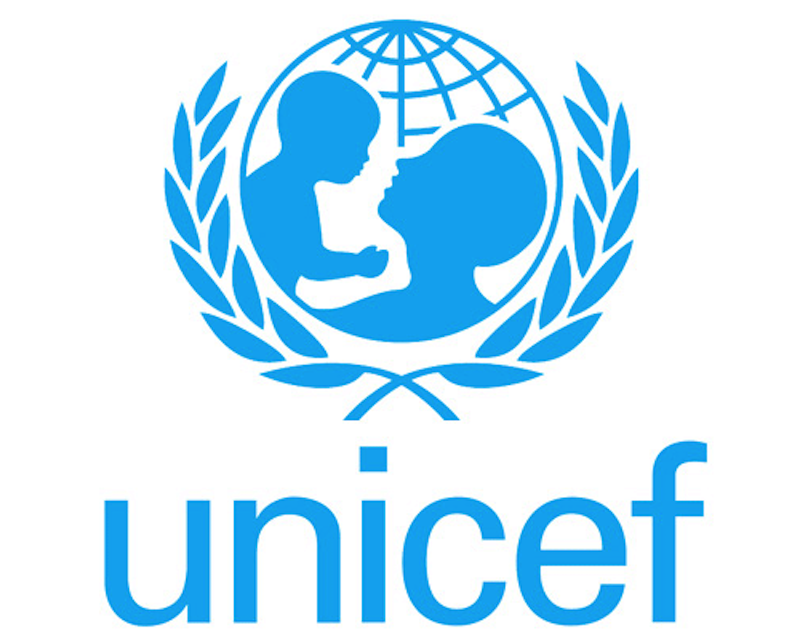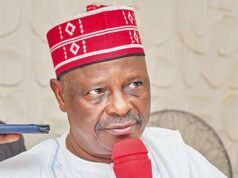In an ambitious stride toward climate-conscious education, the Federal Government of Nigeria, in collaboration with UNICEF, has introduced the Climate‑Ready School Handbooks—a comprehensive manual series aimed at equipping schools, educators, and students with practical tools and guidance to navigate the challenges of climate change.
Unveiled in Abuja on March 18, 2025, during an energetic event at SASCON International School, the manuals represent the culmination of months of collaborative development. Spearheaded by Professor Chukwumerije Okereke—an eminent climate expert—the project reflects a partnership involving the Federal Ministry of Environment’s Department of Climate Change (DCC), the University of Bristol, and contributions from local schools in Abuja and Enugu.

Empowering future generations
At the heart of the effort is a belief shared by stakeholders that climate education is fundamental to Nigeria’s sustainable development. Dr. Iniobong Abiola‑Awe, Director of the DCC, described the handbooks as “a significant step in Nigeria’s climate action efforts,” emphasising the need to empower young people with climate literacy and hands-on skills to drive local and national change.
The manuals, co-developed with teachers and students, are grounded in learning workshops held in late 2024, ensuring they are relevant, accessible, and responsive to the realities of Nigerian classrooms. Designed as practical teaching resources, they integrate classroom lessons with local case studies, interactive exercises, and guidance for community projects.
A model of collaboration
Key to the initiative’s success was the inclusive, co-creation methodology. From the onset, teachers and students from Abuja and Enugu were actively involved, shaping content that speaks to their communities. Backing this effort, the University of Bristol provided academic and financial support, highlighting the global nature of climate education.
Local government officials and agencies reinforced the project’s importance. Representing the FCTA Education Secretariat, Dr. Bukola Obateru spoke to the shared duty of teachers, parents, and policymakers in pushing climate awareness and action. Meanwhile, the National Orientation Agency committed to amplifying the message through existing national outreach strategies.
Professor Okereke credited the involvement of multiple partners—from NGOs to educational institutions and even the First Lady of Enugu State, who endorsed the manual in her foreword—as a driving force behind the resource’s robustness and reach. Their collective experience helped ensure the manuals are pedagogically sound and culturally appropriate for diverse Nigerian contexts.
UNICEF’s role and broader climate agenda
UNICEF Nigeria has long championed climate‑smart education. Through its Green Rising Initiative, launched in June 2024, UNICEF engaged young Nigerians in tree‑planting, plastic recycling, and community campaigns across Lagos, Ibadan, and other cities—efforts that complement the educational resources now being distributed.
Beyond activities, UNICEF has also advocated for curricular integration of climate content. In late 2024, its Southwest Field Office called for national policy reforms to embed climate change literacy across Nigeria’s education system, citing the vulnerability of more than 100 million Nigerian children to climate impacts.
The launch of the Climate‑Ready School Handbooks is in direct alignment with this broader strategy, offering structured, curriculum-ready tools that decision-makers and school leaders can adopt.

Tangible next steps
The handbooks are the opening move in a wider implementation plan. Over 100 educators and students have already received training on how to utilise and integrate them into school programs. In collaboration with the European Union, Save the Children, and the FCT Secretariat, the DCC aims to distribute the handbooks more broadly, including to schools across Enugu State, additional FCT area councils, and other regions.
Subnational governments are already signalling their readiness. Enugu State unveiled its Climate Change Policy and Action Plan—and alongside it, its own Climate Education Manual—reflecting the federal model and reinforcing the national momentum toward climate-ready schooling.
Why this matters
Nigeria stands among the world’s most climate-exposed nations, where flooding, heatwaves, and poor sanitation have disrupted education for over 200,000 children in recent years. Schools now face the challenge of ensuring resilience while fostering a generation capable of responding to environmental pressures.
These handbooks address that challenge by combining awareness, preparedness, and action‑oriented content—training students not only to understand climate science but also to initiate mitigation projects like tree planting, rainwater harvesting, or community recycling.
As Dr. Abiola‑Awe put it, empowering students as champions of their own communities can spark positive change and build a sustainable future, even from the grassroots of the classroom.
Join Our Social Media Channels:
WhatsApp: NaijaEyes
Facebook: NaijaEyes
Twitter: NaijaEyes
Instagram: NaijaEyes
TikTok: NaijaEyes
READ THE LATEST EDUCATION NEWS





